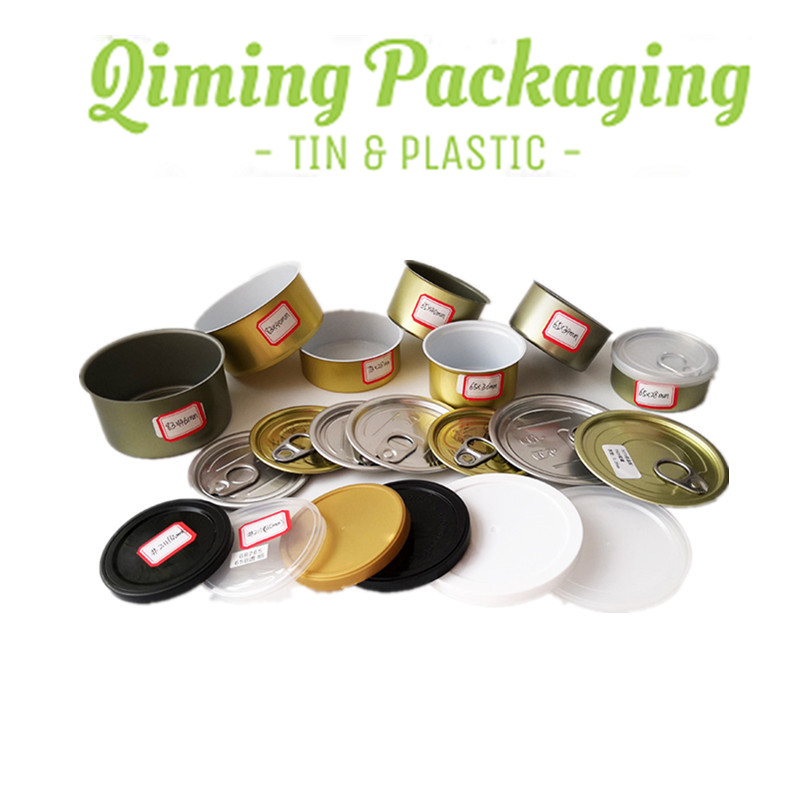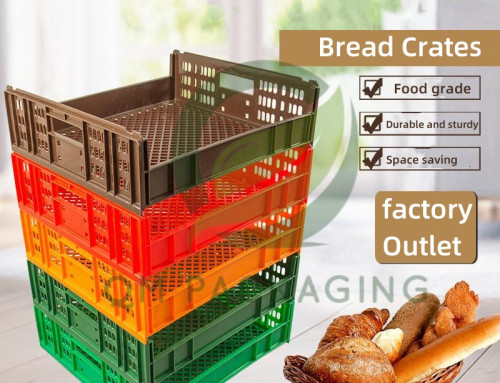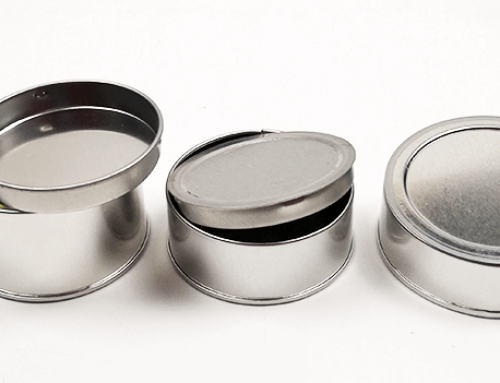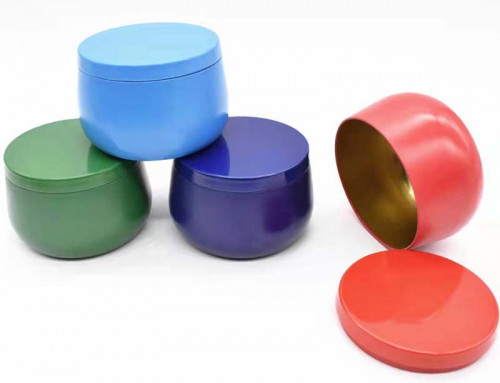Why are tin cans used for food?
In the world of food preservation, few inventions have had as profound an impact as the humble tin can. These unassuming metal containers have been a cornerstone of the food industry for well over a century, providing a means to store and transport a wide variety of foods. But why are tin cans used for food, and what makes them so indispensable? In this article, we’ll explore the history, advantages, and enduring relevance of tin cans in food preservation.
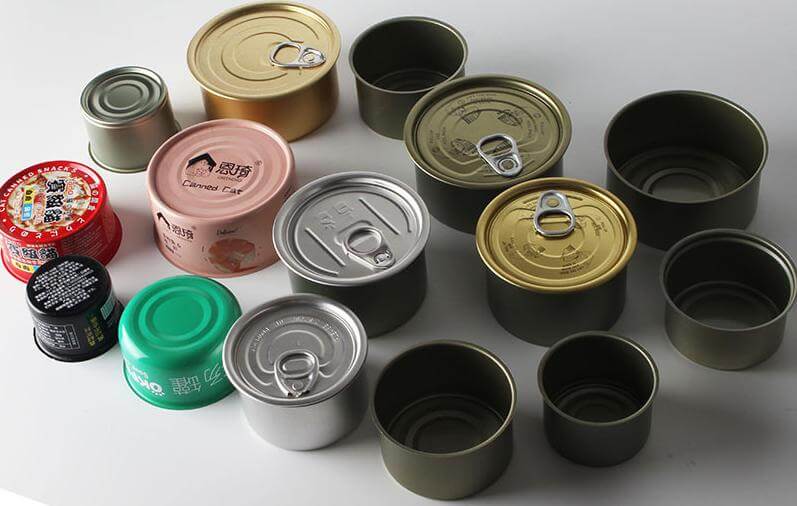
The Origins of Tin Cans
The history of tin cans dates back to the early 19th century when the French chef and confectioner Nicolas Appert made significant strides in food preservation. Appert’s work led to the development of canning, a process in which food was sealed in glass jars, bottles, or tin containers and heated to kill bacteria and enzymes. It was initially used to preserve food for long sea voyages and military rations.
However, the first tin cans were not as convenient as the ones we know today. These early cans were made of iron and coated with tin to prevent corrosion. While effective at preserving food, they were difficult to open and posed certain safety hazards.
The Advantages of Tin Cans
- Preservation of Freshness: Tin cans offer an airtight seal that keeps food fresh for extended periods. This sealing method prevents the entry of oxygen, which is crucial for preventing spoilage and maintaining food quality.
- Protection from Contaminants: Tin cans provide a protective barrier against external contaminants such as light, moisture, and microorganisms. This protection ensures that the food inside remains safe to consume.
- Extended Shelf Life: One of the primary reasons for using tin cans in food packaging is their ability to extend the shelf life of various products. This feature is especially critical for non-perishable foods like canned vegetables, fruits, and meats.
- Convenience and Portability: Tin cans are lightweight and durable, making them easy to transport and store. Their compact design allows for efficient stacking and storage, both in homes and on store shelves.
- Versatility: Tin cans can be used for a wide range of food products, including soups, sauces, beans, and more. They are also suitable for both liquid and solid foods, making them incredibly versatile.
- Sustainability: Tin cans are fully recyclable, contributing to sustainability efforts in the packaging industry. Recycling tin cans reduces the demand for new materials and lowers environmental impact.
Tin Cans Today
While the term “tin can” is still commonly used, modern food cans are typically made from steel or aluminum. This shift has brought about improvements in can design, including easy-open lids and various sizes to meet consumers’ needs.
In recent years, efforts have been made to reduce the environmental impact of food packaging. Manufacturers are exploring alternatives like BPA-free linings and more sustainable packaging materials. Additionally, advances in canning technology have led to a reduction in the need for preservatives, further enhancing the appeal of canned foods among health-conscious consumers.
Conclusion
Tin cans, despite their name and evolving materials, remain a vital tool in the food preservation industry. Their ability to protect food from spoilage, extend shelf life, and provide convenience to consumers has made them an enduring choice for packaging a wide variety of foods. As we continue to prioritize food safety, quality, and sustainability, it is likely that tin cans, in their modern forms, will continue to play a crucial role in our food supply chain for many years to come.
Qiming tin food cans with easy open lids with plastic lids commonly known as tin cans, are made of tinplate. The tinplate is tinning on the surface of the iron to protect the cans. Tin food cans are extensively used, for storage and transport. The inner wall of tin cans adopts an internal coating process, is covered with a film, and a layer of film is applied to the tinplate to solve the problem of yellow rust. Pet food storage cans are widely used for cat and dog food, canned fish, pickles, etc. The features of tinplate cans are corrosion resistance, durability, etc… Size can be customized. A variety of shapes are available, cylindrical tin cans, and square tin cans. Pet food caps are also available. Free sample for you to check

